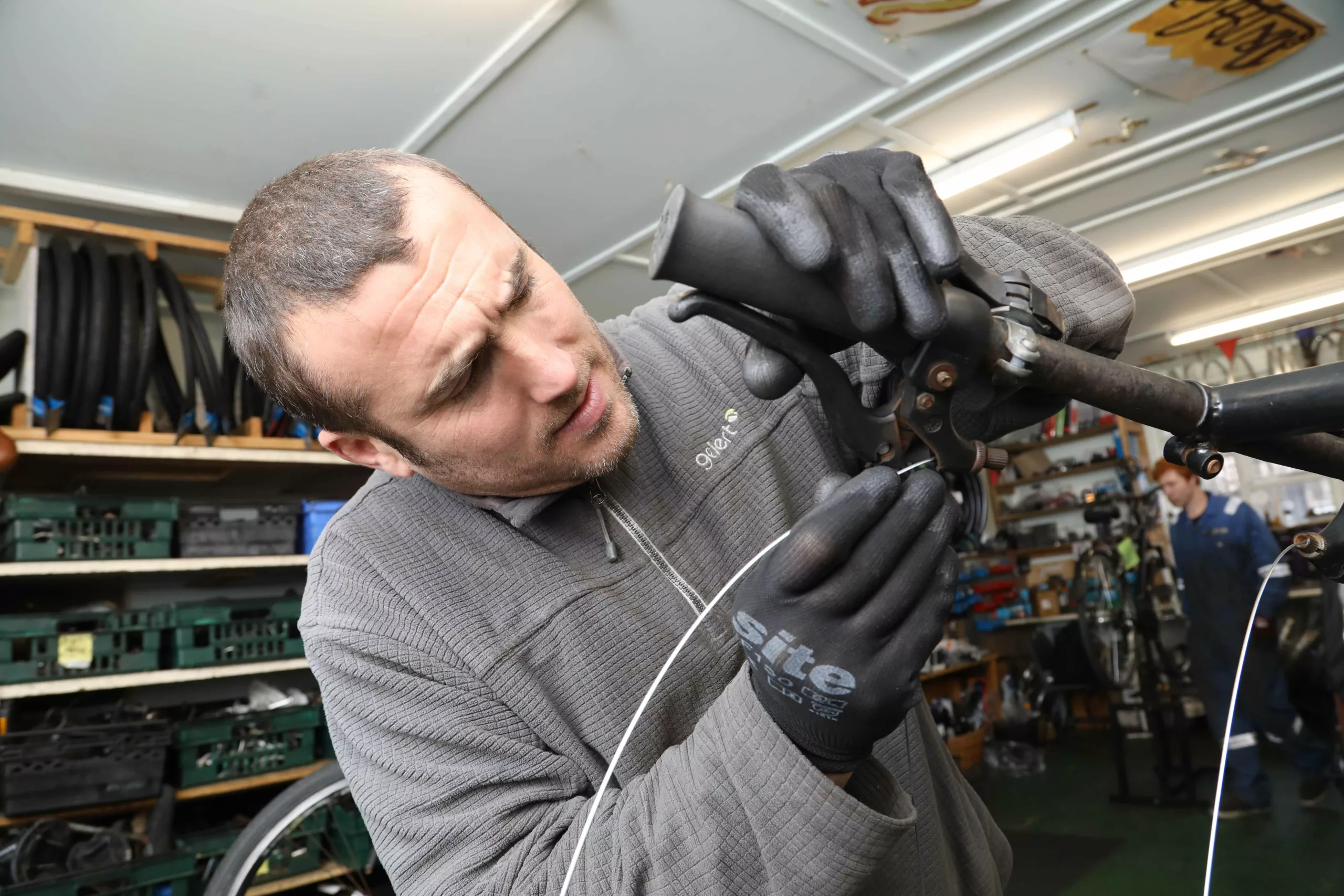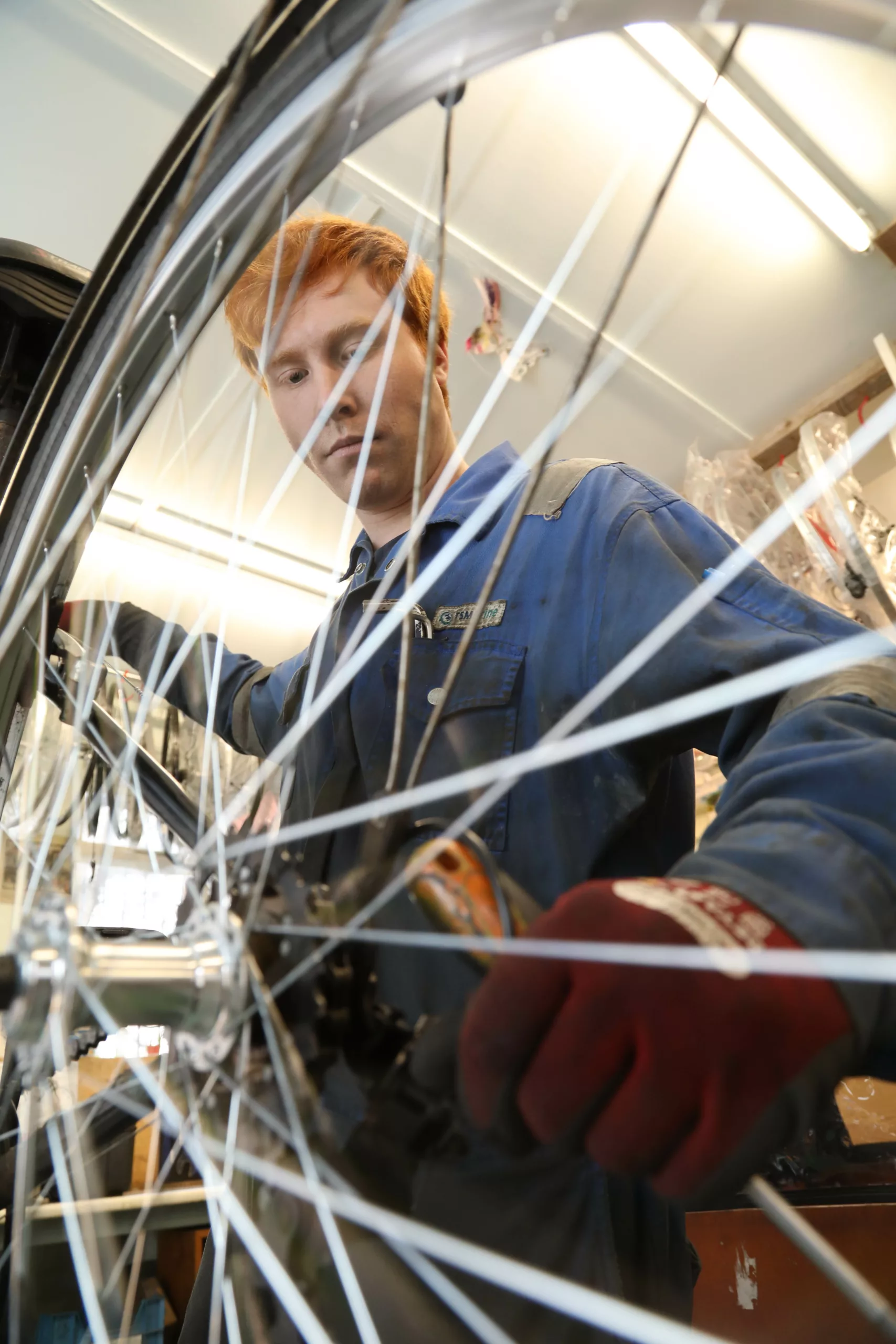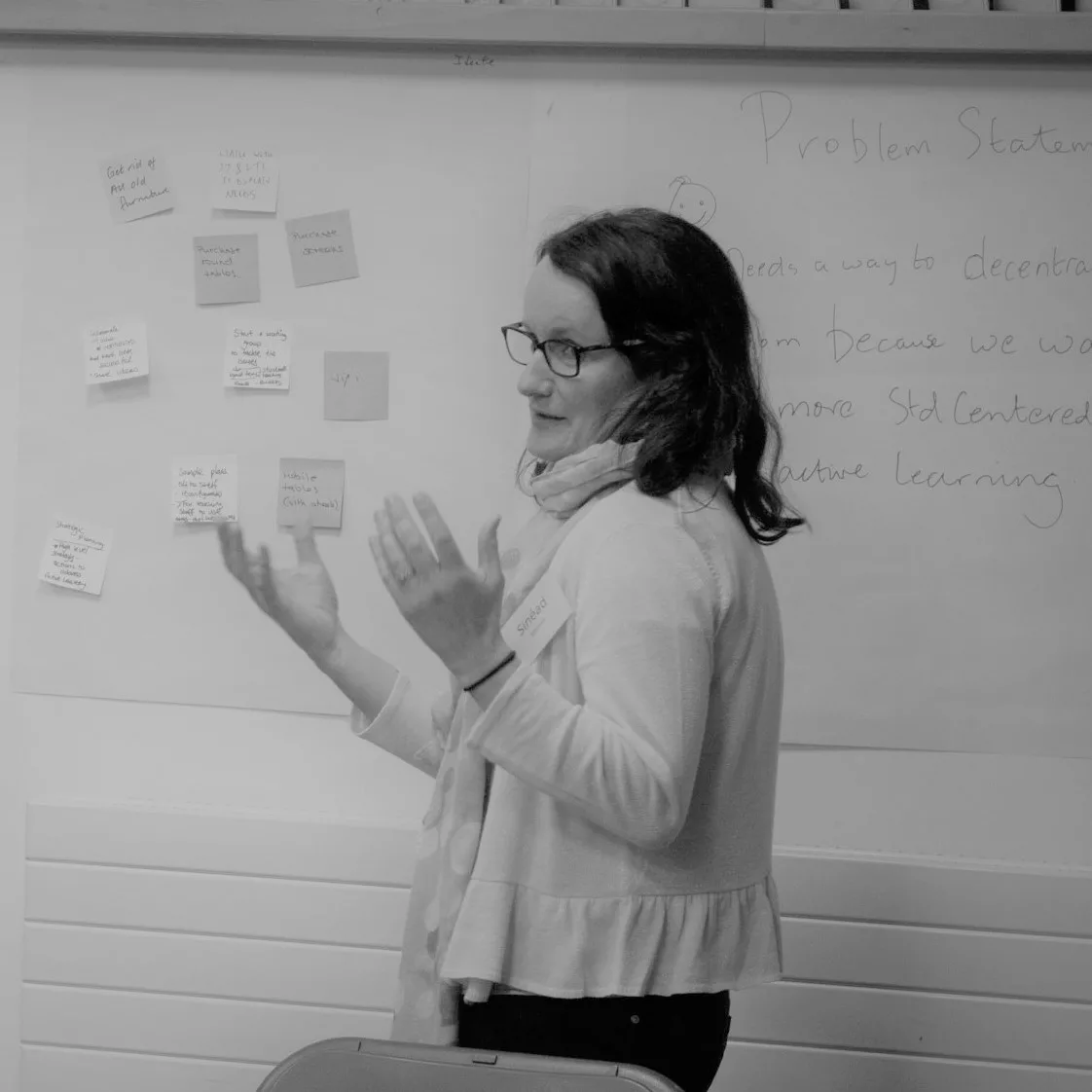
What Does a Circular Economy Look Like?
However broad a concept (1), sustainability at its root, is all about sustaining life. Sustainability means maintaining the global systems that allow diverse life on earth to continue flourishing. Up until now, we have raced blindly towards development, harming the planet through the over-consumption of key resources. Our present-day system takes raw materials from the earth to make things (energy and products) that generally end up as waste. This system is widely called the “linear economy”.
The “Circular Economy” is the antithesis to such a system. In a circular economy, we eliminate waste where possible, from the outset of the design process, and incorporate multiple lives into materials, products and services. We consider every stage of the design process and every material involved, opting for renewable energy and regenerating natural systems.
Today’s earth economy is only 7.2% circular and relies on the extraction of over 90% virgin materials from the earth. With the second-lowest rate in circularity among EU countries, Ireland is performing poorly. Our circularity material rate has hovered around 2% in the last few years, while the Netherlands holds an ample 31%. Circular solutions are needed to solve the climate crisis, to prevent environmental degradation and to safeguard biodiversity. An Mheitheal Rothar is one small social enterprise that is pulling well above its weight in the drive towards a circular economy.
An Mheitheal Rothar recycle bikes that would otherwise be scrapped, teaching key bike mechanic skills to trainees in the process. After a gruelling audit process, the team were recently awarded a ReMark stamp of quality assurance in recycled goods. Finished bikes are sold for affordable prices in the Siopa Rothar on the University of Galway campus, and a selection are given to refugees through the University of Sanctuary program (part of the Community Knowledge Initiative). A win-win for all. Funds generated by these sales in turn support social activities including an education and outreach programme in schools throughout the region and DIY mechanic workshops. To date, these donation-based workshops have helped 3000 people repair their bikes – a far cry from the built-in obsolesce that has become the norm in our throwaway society. (2)
An Mheitheal Rothar: From University Society to Social Enterprise
To achieve a circular economy seems simple on paper: redesign everything using only renewables, and make everything last forever. However, changing the status quo is no easy feat. The globalised economy that provides us with all that we consume is a very complex and interlinked system of engineering, logistics, energy systems, people, power and politics. As academics, we try to understand these complex systems and decipher what changes can be made and which roadblocks can be overcome. In my work as a lecturer, I look at the interface of theory and application, to see how change can be actioned in real life. This is how I got to know An Mheithal Rothar.
AMR are on the coalface of the Circular Economy – bringing the theory of circularity to life. With the help of co-founder Catherine Coote, what started as a dream for a University of Galway Alum and prior eco-society member, Paul O’ Donnell in 2011 has since become a social enterprise and co-operative here on our University campus. Because today’s economic model fails to put value on the services delivered by An Mheitheal Rothar (community DIY workshops, waste prevention, raw material recovery, remanufacturing, unique skill development, new social enterprise models, affordable and inclusive travel) the journey has been somewhat of an uphill struggle.

Without the passion of the leadership team – Paul for all things bikes and social engagement, and Cathy for all things circular – the project would have remained an idea. Passion has been the springboard for this budding circular economy organisation. Cathy says of the project, “While An Mheitheal Rothar was initially a feat to get off the ground, it’s been great to see the burst of growth in recent years and to be recognised through awards like the 2023 EU Shared Green Deal award and the 2021 All Island Fund from Community Foundation for Ireland and Northern Ireland.” An Mheitheal Rothar now employs nine staff members, two trainees (on placement through the Tús and CE programmes) and an excellent student intern from the University of Galway.
As a Lecturer in Sustainability and Strategy, I collaborate with Cathy on a regular basis. In my classroom, Cathy sets a challenge for students to come together in teams and devise creative and circular solutions to problems in their everyday life. These challenges have seen students go on to collaborate on final year capstone and masters projects, ultimately presenting their results at international academic conferences.
“Made in Galway” – As Good as New, or Better
An Mheitheal Rothar’s latest venture is a project aimed at developing a sustainable, bespoke “Made in Galway” bike, with funding from the EPA (Environmental Protection Agency). This bike will show cyclists that a “remanufactured” bike is more than capable of withstanding the harsh Galway weather. Remanufacturing is a new concept to most. However, without knowing it, we use remanufactured products all the time. For example, 30% of the components on an aeroplane are remanufactured, not to mention the various components in your laptop and other devices.
It’s worth noting that a ‘remanufactured’ bike is different to (and indeed shinier than) its ‘recycled’ or ‘repaired’ counterpart. While a remanufactured product is made up of recycled parts and materials, it is ‘new’ in the sense of appearing fresh out of the box, with a warranty and product passport. Made sustainably in the region, the “Made in Galway’ bike aspires to be better than new – outlasting newly manufactured products, and bringing pride and meaning to its owner.
Driving the Transition: Green Jobs and Unique Skills
As the linear model of “take-make-dispose” continues to strain our resources and exacerbate environmental degradation, we increasingly need successful examples of circularity in our communities. What makes AMR such an attractive model? The transition to a circular economy will demand layers of impact and AMR achieves precisely that. A successful circular model provides hands-on learning opportunities in the community, creates sustainable employment and fosters relevant skills, while integrating these skills into curricula. “The University’s Business Innovation Centre has been hugely supportive to us as we pioneer our new model of a ‘social startup’,” says Cathy, “creating real green jobs and growing the skills for the circular economy here in the West of Ireland.”
I will continue to work with AMR to investigate new ways of recycling and remanufacturing bikes. I am now funnelling this knowledge into an upcoming University Strategic Project, “Leading the Transition to a Circular Economy in our Region.” My aim is help connect, enhance and supercharge the work that AMR and similar initiatives do. In partnership with the Western Development Commission, our next step is to map the key strategic research and activity already happening across the region. Ultimately, I hope to create a roadmap towards driving impact at a global level. There is no reason for us to settle at a circularity rate of 2%. As models like AMR show, there are things we can do, and it’s important that we do them.
Learn more about An Mheitheal Rothar here.
Learn how to fix your bike and pay what you can, at An Mheithal Rothar DIY workshops every Wednesday, 6–9pm.
(1) Julian Kirchherr, Nan-Hua Nadja Yang, Frederik Schulze-Spüntrup, Maarten J. Heerink, Kris Hartley (2023). “Conceptualizing the Circular Economy (Revisited): An Analysis of 221 Definitions”. Resources, Conservation and Recycling (Vol 194). Elsevier.
(2) According to Oxford Reference, (a combination of Oxford University Press’s Dictionaries, Companions and Encyclopaedias), built-in obsolescence refers to “a policy of deliberately planning or designing a product with a finite lifespan,” “often used to tempt the customer to purchase again.”
Profiles

Dr Sinéad Mitchell is a transdisciplinary researcher, a systems thinker, working at the interface of academia and organisations. She has experience in consulting with industry (from SMEs to large global corporates), communities and developing solutions through stakeholder engagement. Principal Investigator with Advanced Sustainability in Materials and Manufacturing Research Group (ASMME.ie) and the Ryan Institute.